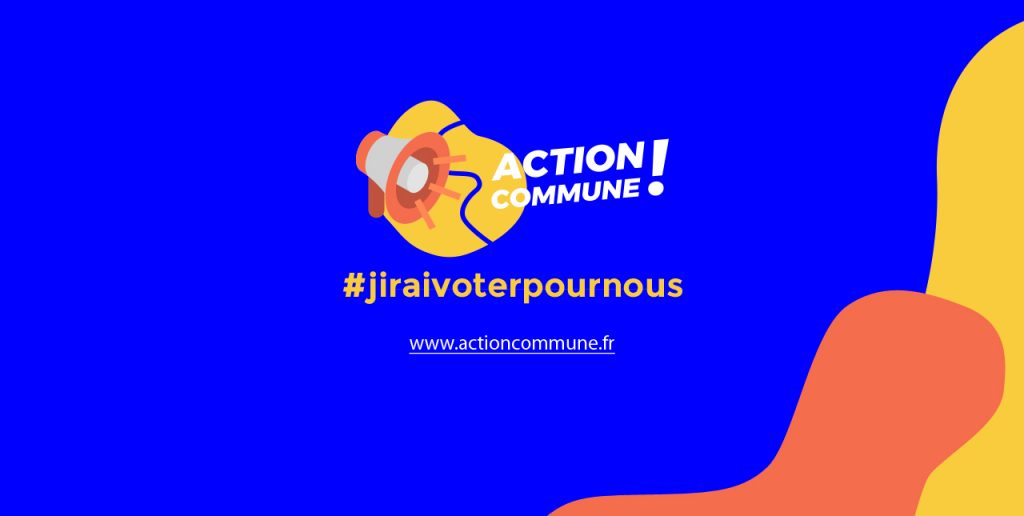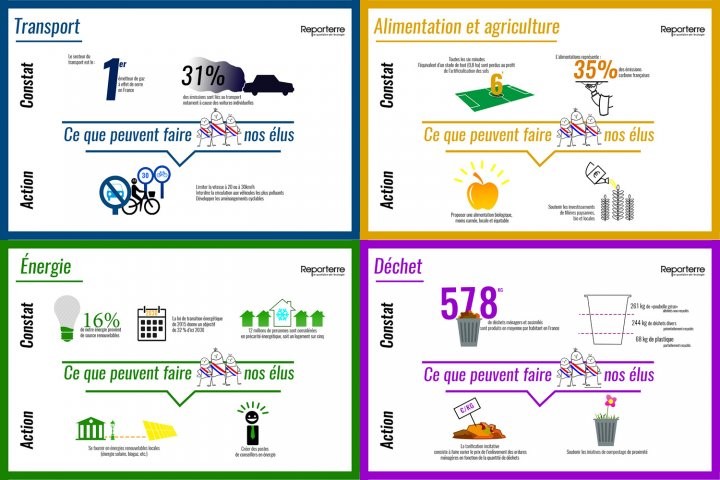In France for municipal elections, citizens are trying to thwart the old party system, which they no longer recognize as legitimate and too far removed from the social and ecological emergencies that concern them.
On the initiative of a few at the outset, they are creating alternative lists that no longer bring together the usual nomination candidates but citizens who come together on a project developed through consultations and meetings. In the end, the democratic exercise leads to the accession of a sufficient number of people to validate a list.
The website of the collective Action commune thus lists 157 participatory lists, “one third in villages of less than 2,000 inhabitants, one third in municipalities of 2,000 to 100,000 inhabitants, and one third in cities of more than 100,000 inhabitants”, says Thomas Simon, coordinator of the group, whose mission is to “accompany those who want to engage in citizen participation” (Reporterre 8 January 2020). An interactive map of these lists can be found on the Action commune website.
If these lists are not guaranteed to win the elections, they are an electric shock to the parties. They question the undemocratic methods of governing, by challenging the habits of verticality where the leader decides and surrounds himself with people who are committed to his cause. They highlight themes that the parties feel obliged to include in their programmes.

In addition, several associations have drafted proposals that they circulate in their networks for their members to take up and transmit to their elected officials.
Thus, the Collectif de la Transition citoyenne (Citizen Transition Collective) has drawn up a Pact for Transition inviting local networks to ask candidates to commit to at least 10 of the 32 proposals and to accompany / verify their implementation in the territories. The central objective of these proposals is to respond to the climate emergency and to repair social injustice.
The RTES (Réseau des Territoires pour l’Economie Solidaire) has published a municipal kit’ess containing about twenty sheets to support the initiative of municipalities towards more SSE in their local policy.
The UFISC (Union Fédérale d’Intervention des Structures Culturelles) proposes to the candidates and all those committed to their territories, arts and culture, 3 commitments declined through 20 concrete proposals (…) for a policy of cultural diversity based on cultural rights and a democratic and solidarity organisation.
The MES published : Elections Municipales. 12 questions.
Reporterre has also published its illustrated list of recommendations, this list is not exhaustive.

We are really witnessing an awakening of citizens to the negligence of governments blinded by their subservience to economic powers. The Spanish example and “municipalismo” infuse much of Europe and RIPESS , for whom the co-construction of public policies is a major axis of social transformation, is very happy about it.
Article written by Josette Combes














